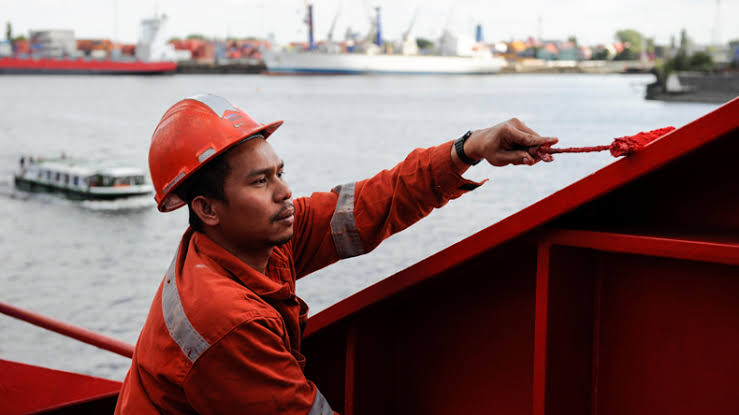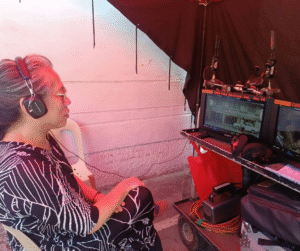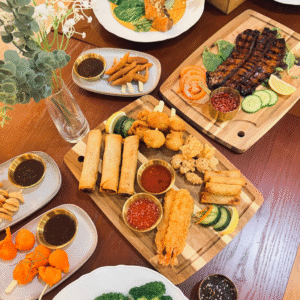By Kimberly Hernandez
Today is designated as the Day of the Seafarer by the International Maritime Organisation (IMO). In the Philippines, the government has set it aside as the Day of the Filipino Seafarer. This year’s theme is “MARPOL at 50 – our commitment goes on.”
MARPOL, short for the International Convention for the Prevention of Pollution from Ships, is a significant international treaty that addresses the prevention of maritime pollution. The convention was adopted by the International Maritime Organization (IMO) in 1973 and sets out regulations and standards to minimise pollution from ships,
Filipino seafarers, commonly known as “marino,” “marinero” or “seaman” in the Philippines, have a rich history and play a significant role in the global maritime industry. Away from their family for extended periods of time, they face mental health issues, the risk of being captured by pirates, substandard working and living conditions, among other issues.
Here are six reasons why Filipinos everywhere commemorate this occasion:
1) Largest seafaring workforce in the world
Did you know that the Philippines is recognised as the world’s leading supplier of seafarers? It is estimated that approximately 25% of all seafarers globally are Filipinos? They are followed by Russia, Indonesia, China and India. This dominance is a testament to the country’s strong maritime tradition and the skills of its seafarers.
2) Significant remittance contributions
Filipino seafarers play a crucial role in the Philippine economy through their remittances. In 2022, seafarers’ remittances reached a staggering $6.71 billion, making them one of the highest sources of foreign exchange for the country. This demonstrates the significant economic impact of Filipino seafarers’ work.
3) High employment rate
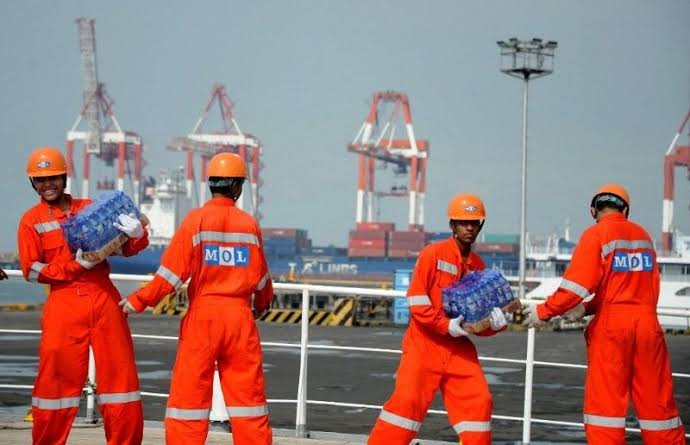
The maritime industry provides extensive employment opportunities for Filipinos. It has been reported that around 229,000 Filipino seafarers work on merchant shipping vessels around the world at any given time. This high employment rate underscores the demand for their expertise and highlights their contribution to the global maritime workforce.
4) Vital role during the COVID-19 pandemic
Filipino seafarers played a critical role in maintaining global supply chains during the COVID-19 pandemic. Despite the challenges posed by travel restrictions and crew change issues, Filipino seafarers continued to serve onboard vessels, ensuring the uninterrupted flow of essential goods and medical supplies across the world.
5) Contributing to global trade
Filipino seafarers are instrumental in facilitating global trade. Ninety percent of world trade is made possible by the international shipping industry, including goods and commodities. Their involvement in transporting goods across the oceans contributes significantly to the global economy.
6) International recognition for excellence
Many Filipino seafarers have been recognised nationally and internationally for their competence and professionalism. In 2016, Filipino seafarer Zaude Paolo Bandivas was honoured for his bravery in spending two and half years abandoned in port. He was named “Seafarer of the Year” by the Lloyd’s List Middle East and Indian Subcontinent Awards.
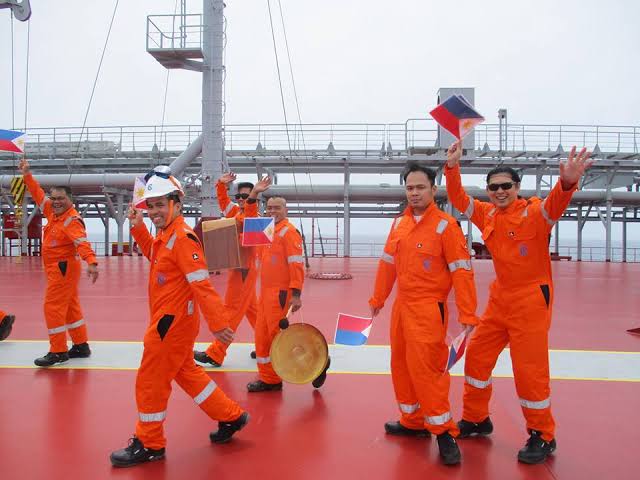
Another exemplary seafarer include master mariner Abelardo Pacheco who was one of the first recipients of The Outstanding Filipino Seafarer Award (TOFSA) given by the Department of Labor and Employment. Mr Pacheco maintained the morale of his crew throughout their five months ordeal when they were abducted by Somali pirates in 2008.
From their massive workforce to their economic influence, Filipino seafarers have become an integral part of the global shipping community, earning respect and recognition for their skills, work ethic, and commitment to their profession.
About the author

Kimberly Hernandez is a third year marketing management student at Panpacific University in Pangasinan. She is a student intern at Tinig UK, taking charge of creating social media content while assisting in research and administration. She enjoys cooking, baking, traveling, and engaging in artistic activities like painting and photography.

